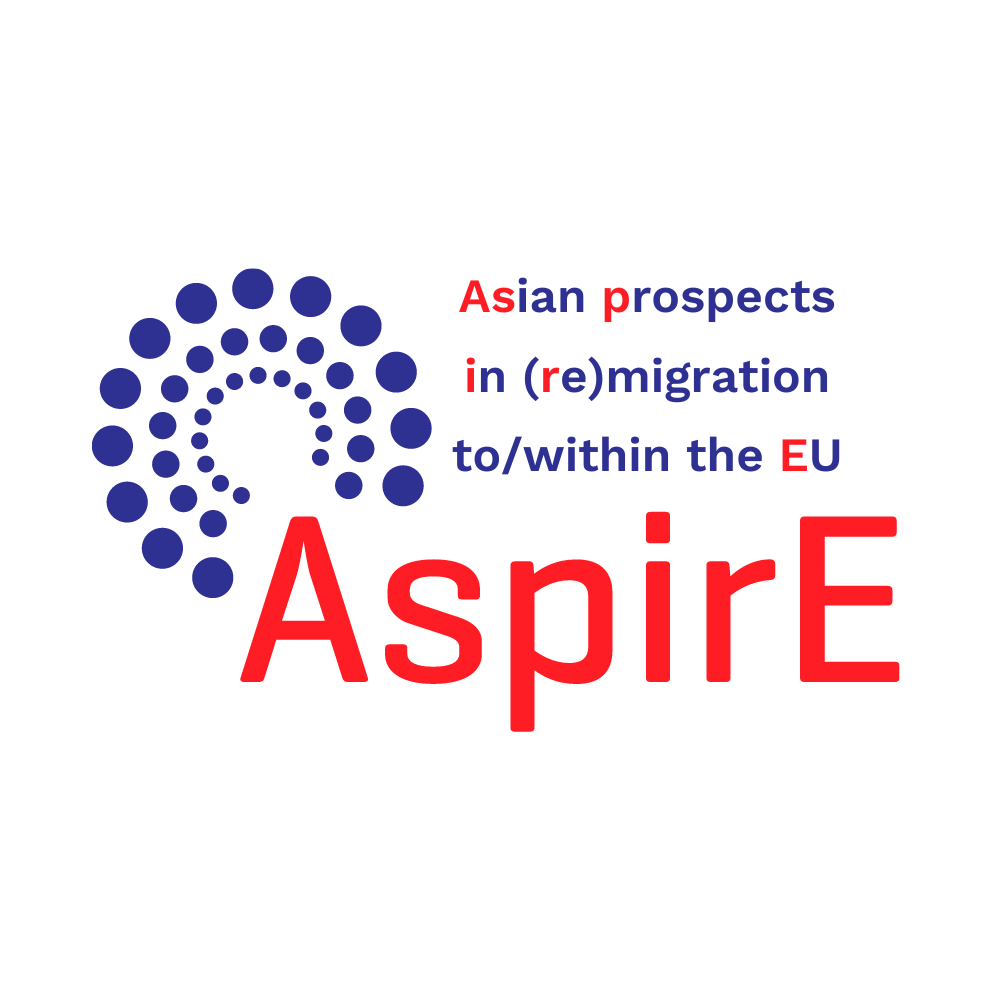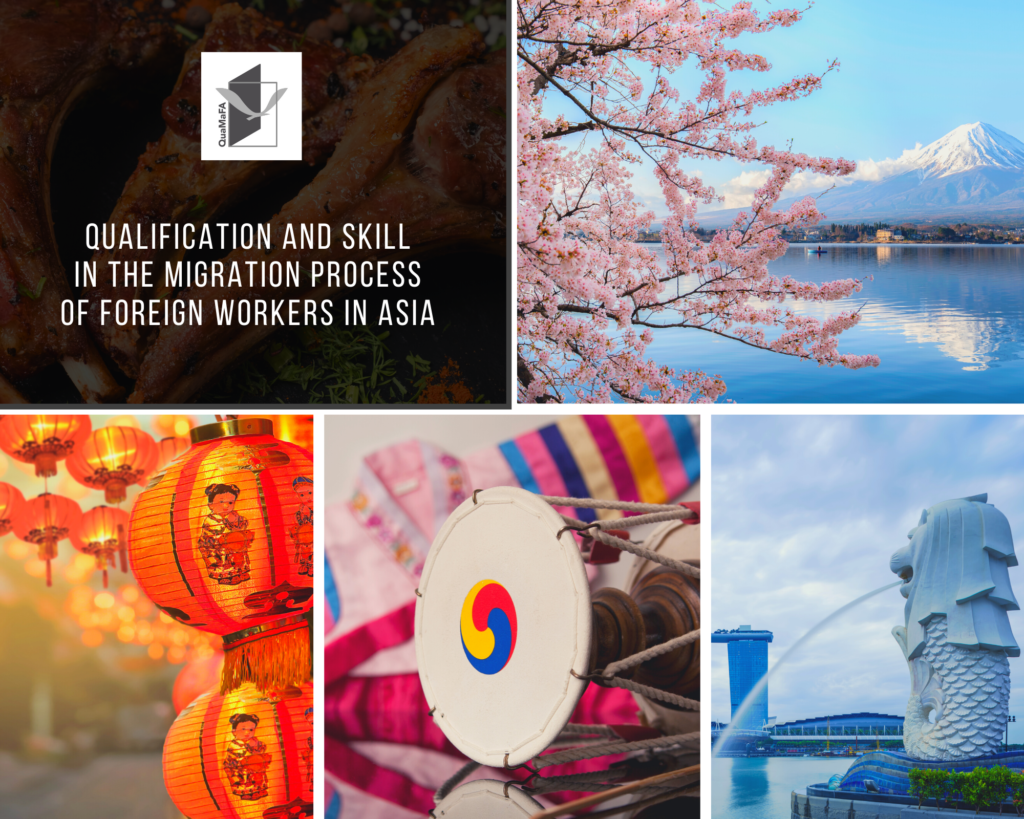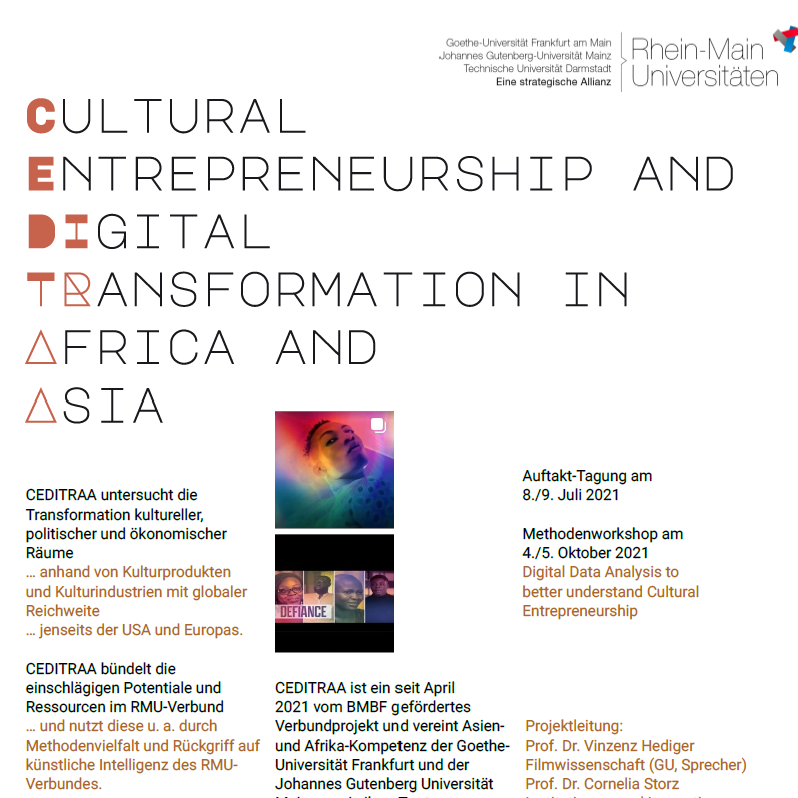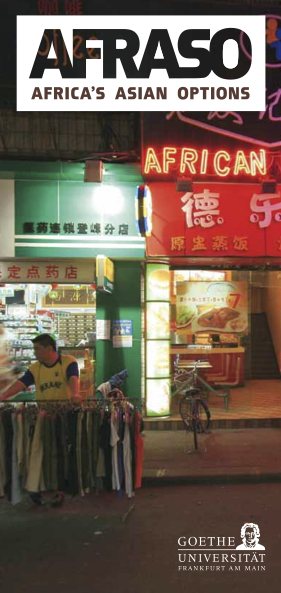IZO Research
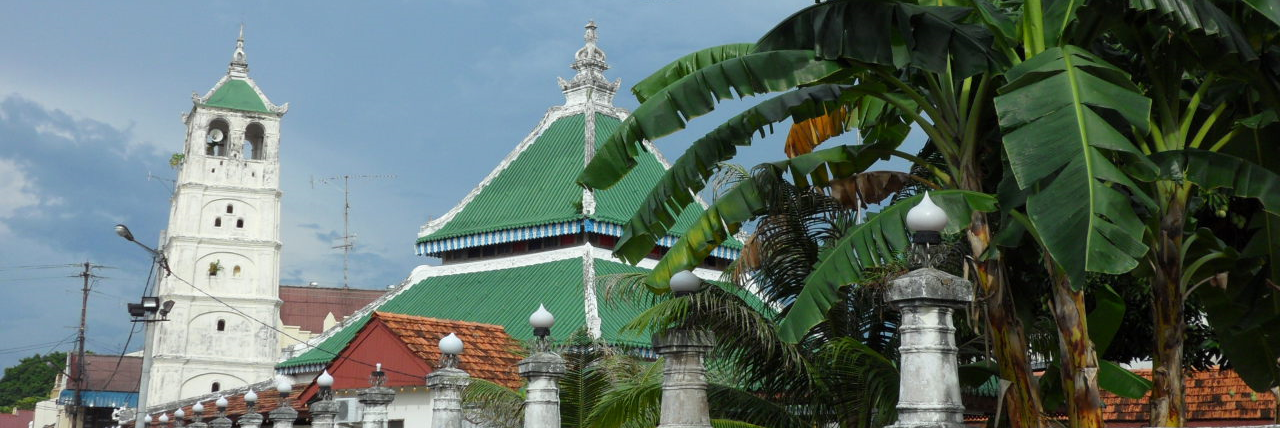
Interdisciplinary Research on Global East Asia
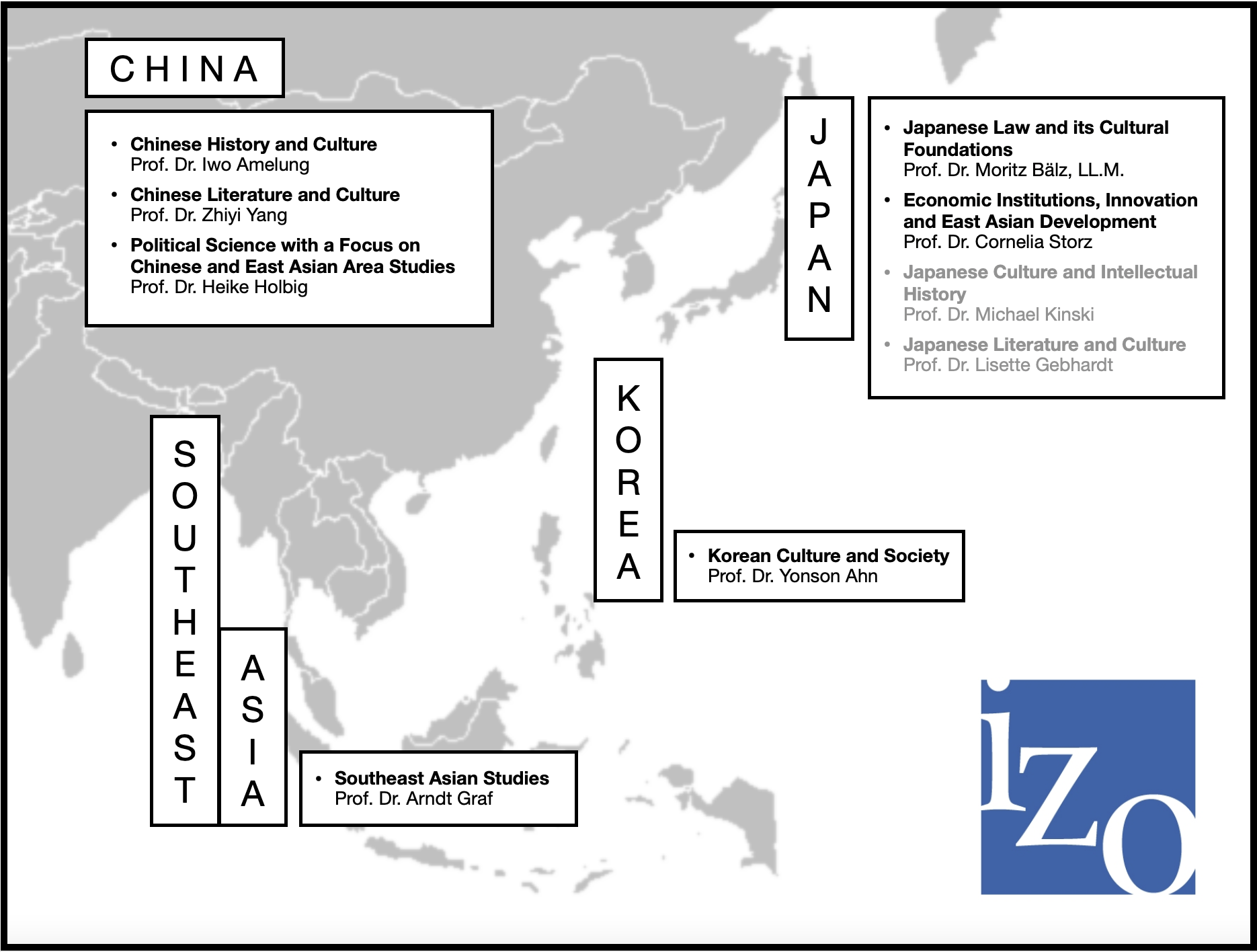
The IZO applies a wide range of approaches in its research work on East Asia. They can be related to individual cultures or to specific regions, they may be methods of philology, history or cultural studies, or they may be those of sociology, law studies and economics. Research at the IZO follows primarily the guiding concept of “Global East Asia – Past and Future". The idea is to study East Asian societies and the ideological, material, social, economic and political interconnections, interactions and exchanges which link them with each other and with regions in other parts of the world. These processes of interaction are considered in their historical context. The investigation of socially constructed connectivities that are empirically accessible permits the analysis of contemporary issues as well as a perspective on future developments. This is an essential condition for the drafting of strategies for dealing with the global and regional challenges of our time.
The IZO is in regular contact with the international community of researchers working on East Asia and cooperates with a great number of academics and academic institutions in East and Southeast Asia. Its courses aim to develop skills in linguistic, cultural, sociological, economic and legal matters relating to East Asia, mainly through academic teaching, but it also addresses a wider public. Last but not least, the IZO combines theory formation and knowledge derived from research with practical experience, especially through cooperation and exchanges with institutions and representatives from the cultural, economic and political sectors.
Consequently, the central objectives of the Centre are:
- Research on East Asia based on the theories and methods of relevant subject areas
- Development of linguistic and intercultural competences and of interdisciplinary competence in Area Studies
- Networking of research work and teaching on East Asia, and promotion of young academic talents at Goethe University
- Keeping the general public informed about our research on East Asia
- Raising public awareness of the relevance of East Asia in a globalized world
Current Research
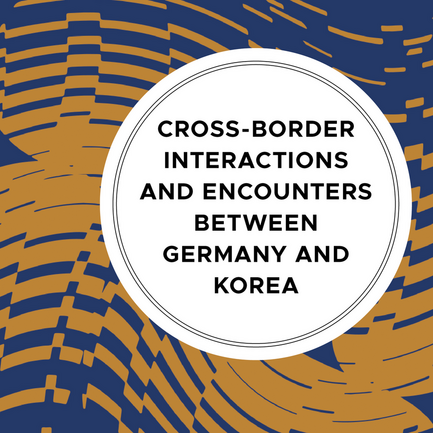
Yonson Ahn has published an anthology on interactions between Germany and Korea
Yonson Ahn has published an anthology on interactions between Germany and Korea.
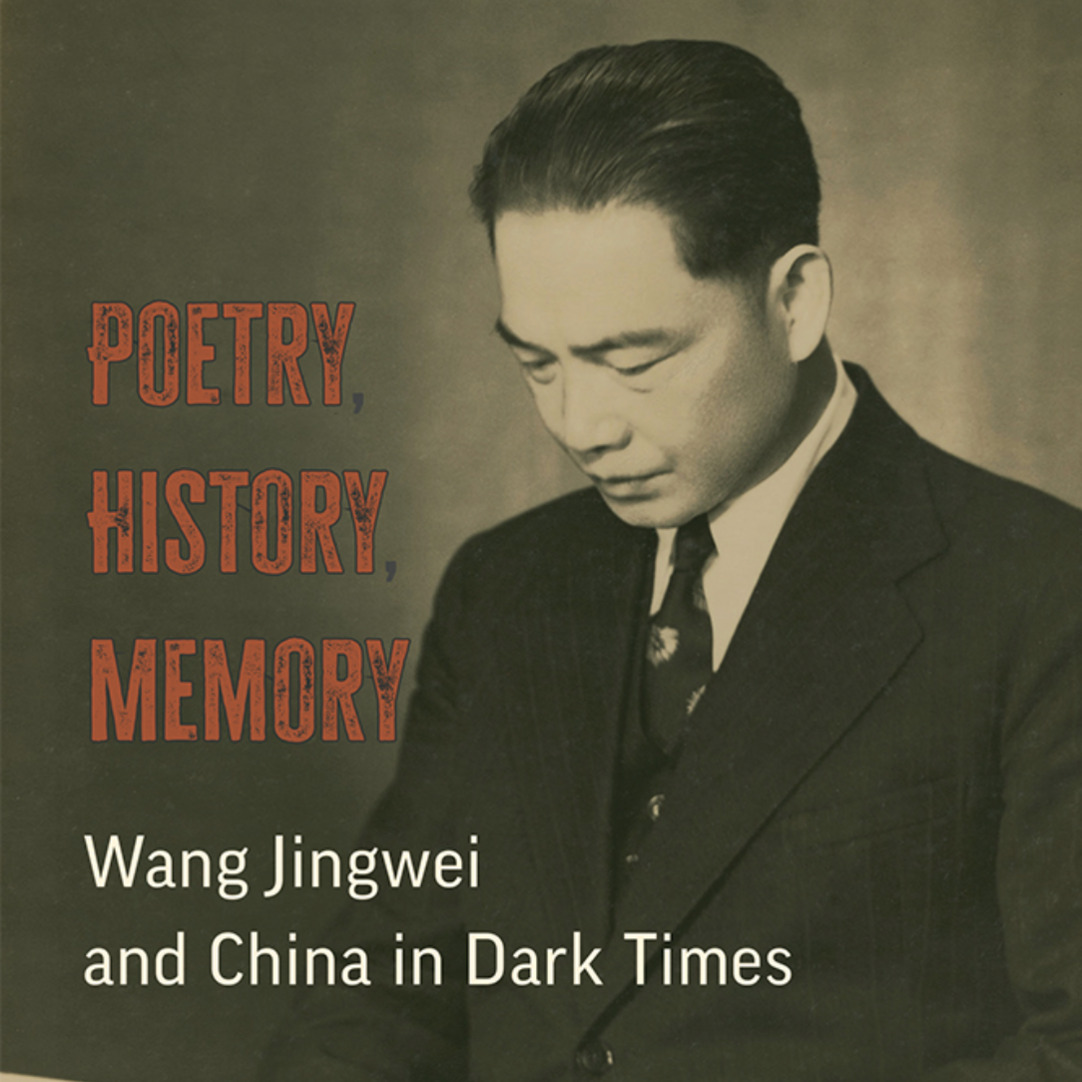
Zhiyi Yang: Poetry, History, Memory: Wang Jingwei and China in Dark Times
Zhiyi Yang's new monograph on Wang Jingwei is now available in print and open access.
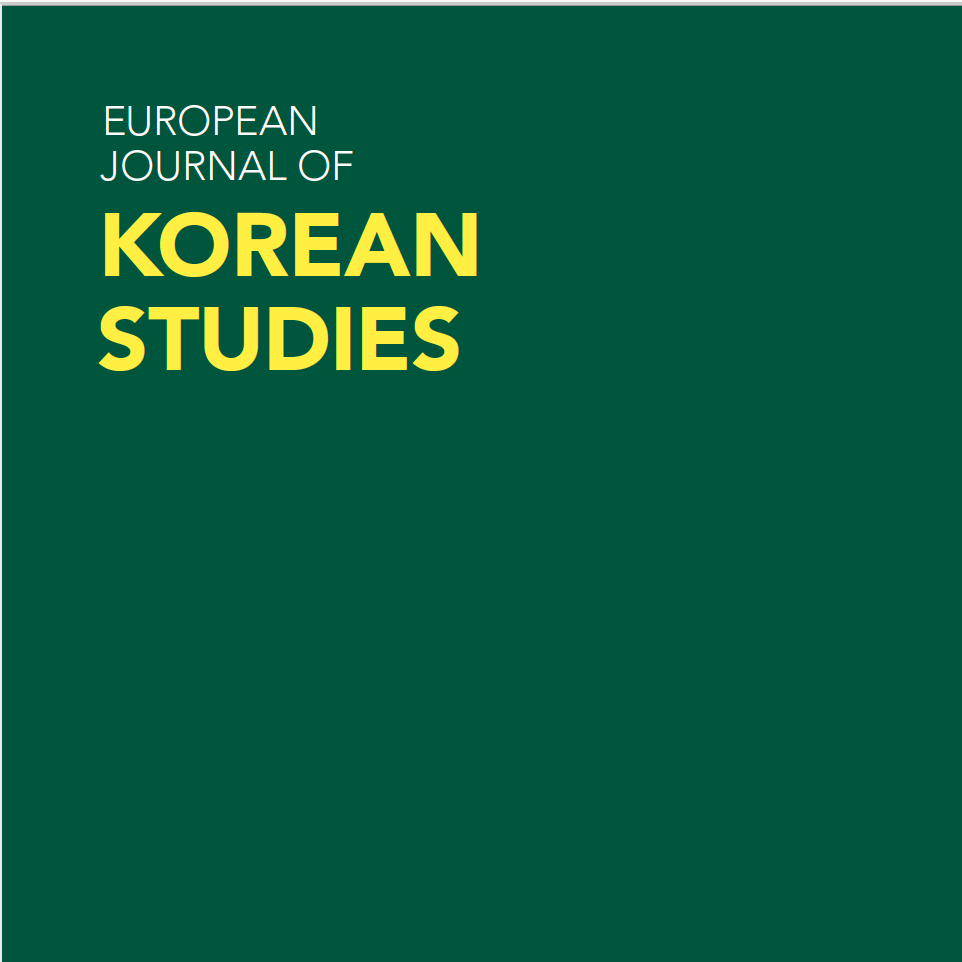
Yonson Ahn has published two new articles in the European Journal of Korean Studies
Yonson Ahn has published two new articles in the European Journal of Korean Studies
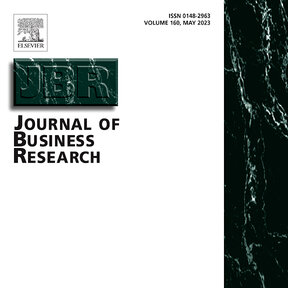
Na Zou and Cornelia Storz Explore Entrepreneurial Networks in Developing Environments
Na Zou and Cornelia Storz explore entrepreneurial networks in developing environments in a new article for the Journal of Business Research.
IZO-Research Projects
Since the founding of the IZO, joint third-party funded projects have repeatedly been successfully acquired, within the framework of which the joint research work between the participating professorships and the cooperation with external partners in project networks have been further intensified. The BMBF is currently funding two large joint projects in which the IZO is significantly involved: QuaMaFA and CEDITRAA. Another joint research project on canonization and innovation in East Asia is in the application phase.
Ongoing Third-Party Funded Project
Decision Making of Aspiring (Re)Migrants to/within the EU: The Case of Labor Market-Leading Migrations from Asia (AspirE)
Since 01.01.2023, IZO has become part of the EU-funded research project AspirE. The Frankfurt leg of the project is led by IZO-coordinator Dr. Ruth Achenbach. The three-year project receives more than 3.5 mio. EUR of funding from the EU, of which about half a million EUR are allocated for Goethe University.
This project addresses the following questions:
1. How do migration regimes in the countries of origin and destination consider (aspiring) (re)migrants' behaviour in their policies?
2. Why do people decide to (re)migrate or to stay?
3. When do individuals' migration decisions evolve?
The team at Goethe University, newly hired post-doctoral researcher Dr. des. Vanessa Tkotzyk and Dr. Ruth Achenbach, analyzes mobility decisions of Japanese migrants in Germany.
For information about the ongoing project and the persons involved see the project website.
Contact person for this project:

Project Leader QuaMaFa & AspirE
Ongoing Third-Party Funded Project
Qualification and Skill in the Migration Process of Foreign Workers in Asia (QuaMaFA)
IZO is pleased to announce that another project has been approved for which the former IZO coordinator Dr. Ruth Achenbach successfully secured funding in 2020.
On 1 March 2021 the new joint IZO project “Qualification" in the migration process of foreign skilled workers in Asia (QuaMaFA), led by Dr. Ruth Achenbach, begun. The project, designed to run for four years, will receive funding of over 2 million Euro from the BMBF, more than half of which is for activities at Goethe University. Joint partners are the Free University Berlin, the University of Duisburg-Essen and the Max Planck Institute for the Study of Religious and Ethnic Diversity.
For information about the ongoing project and the persons involved see the project website.
Contact person for this project:

Project Leader QuaMaFa & AspirE
Ongoing Third-Party Funded Project
CEDITRAA – Cultural Entrepreneurship and Digital Transformation in Africa and Asia
Another collaborative project funded by BMBF and managed by Prof. Cornelia Storz in conjunction with several researchers at the IZO, particularly Dr. des. Mirjam Tröster und Prof. Yohnson Ahn, started in April 2021.
“Cultural Entrepreneurship and Digital Transformation in Africa and Asia“ is a joint research project of Goethe University, Frankfurt and Johannes Gutenberg University, Mainz. It analyses the changes brought about by digitalisation in cultural production in Sub-Saharan Africa and East Asia. The focus is on music and film as examples of immaterial forms of cultural expression. The object of research is cultural production in Nigeria and South Korea, two countries where the products of the US cultural industry are no longer dominant. The researchers from Frankfurt and Mainz are particularly interested in establishing to what extent the new cultural industries with a supra-regional range are becoming a factor in the economic development of their regions of origin.
For information about the ongoing project and the persons involved see the project website: www.ceditraa.net
Contact person for this project:
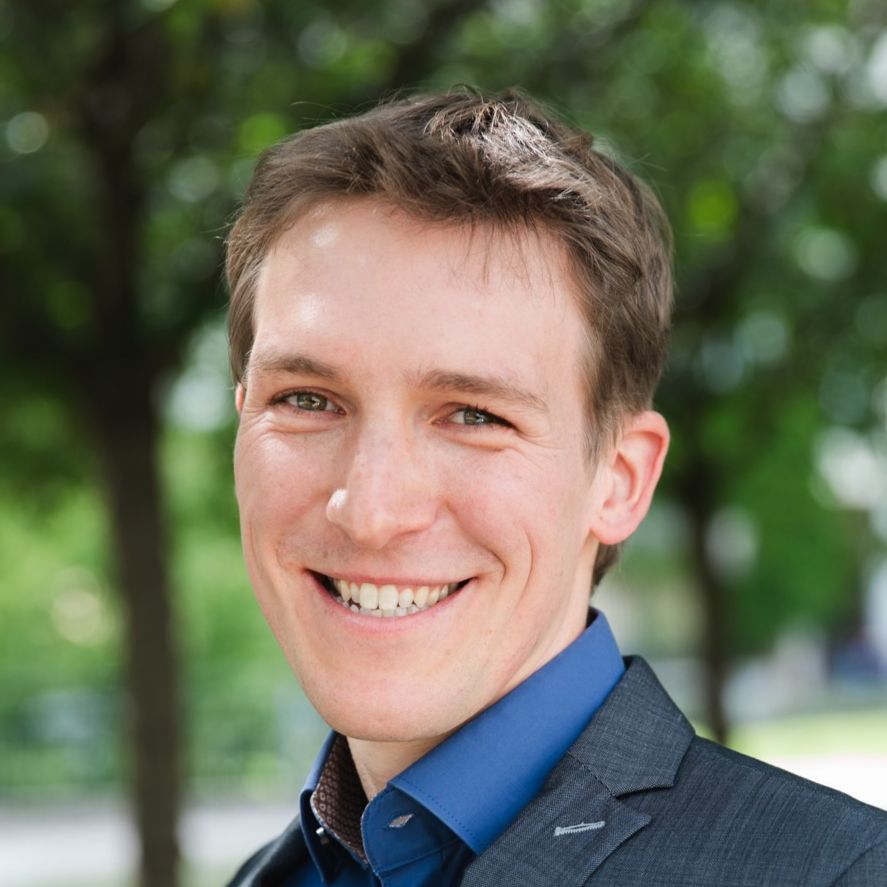
Academic Coordinator
(IZO and CEDITRAA)
Project in the Application Phase
Canonisation & Innovation in East Asia
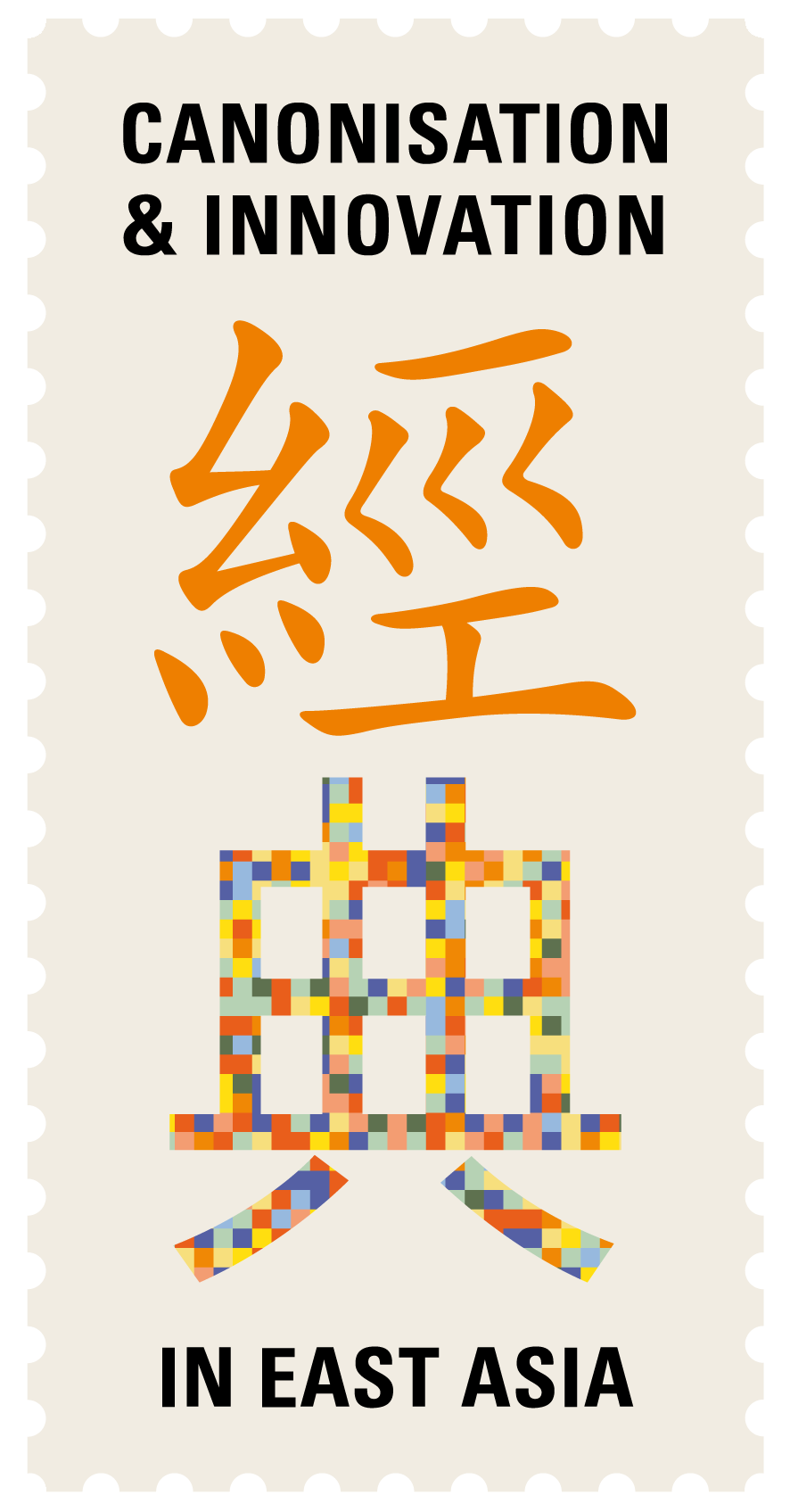
Several researchers at the IZO, led by its Managing Director Prof. Iwo Amelung, are preparing a research project on processes of canonisation and innovation in East Asia. Their starting point is the observation that traditional processes of canonisation in East Asia have become the object of much research, whereas the results of this highly productive research work are only rarely applied to processes of canonisation in contemporary East Asia. The basic tenet is that in principle every canon is an instrument of “compensation for contingency” with a stabilising effect. The processes of creating and preserving canons, i.e. the canonisations, on the other hand are characterized by a high degree of dynamism because they have to mediate between stabilising “fixed” canons and constantly changing social, cultural, political and economic circumstances; this is generally achieved by practices which can be described as “comments” as they appear in traditional processes of canonization. It is in this context that innovations occur, and the paradoxical relation between hostility to innovation and potential for innovation (Bahr) becomes evident. Canons always represent a “category of power” and canonizations can therefore be regarded as an exercise of power. This needs to be taken into account especially when analysing canonisations in areas as diverse as law, film, politics, gender, the military, literature and the sciences. The period under consideration will extend from the 19th century to the present. Work will make use of the methodical approaches and resulting theories of (mainly Western) research on canonization, but it is expected that an examination of the connection between canonization and innovation in East Asian canons will also prove productive.
Contact person for this project:
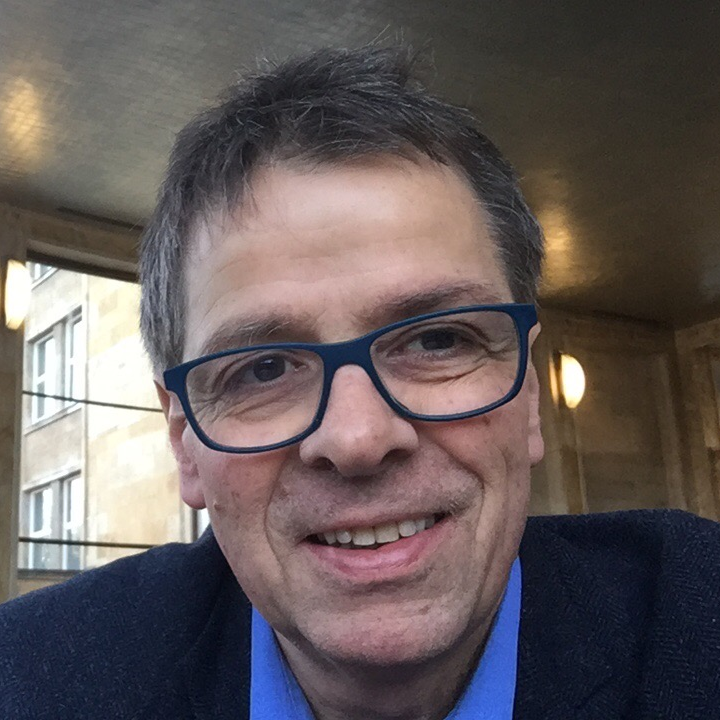
Completed Research Projects
Completed Research Projects
Protecting the Weak - Entangled Processes of Framing, Mobilization and Institutionalization in East Asia
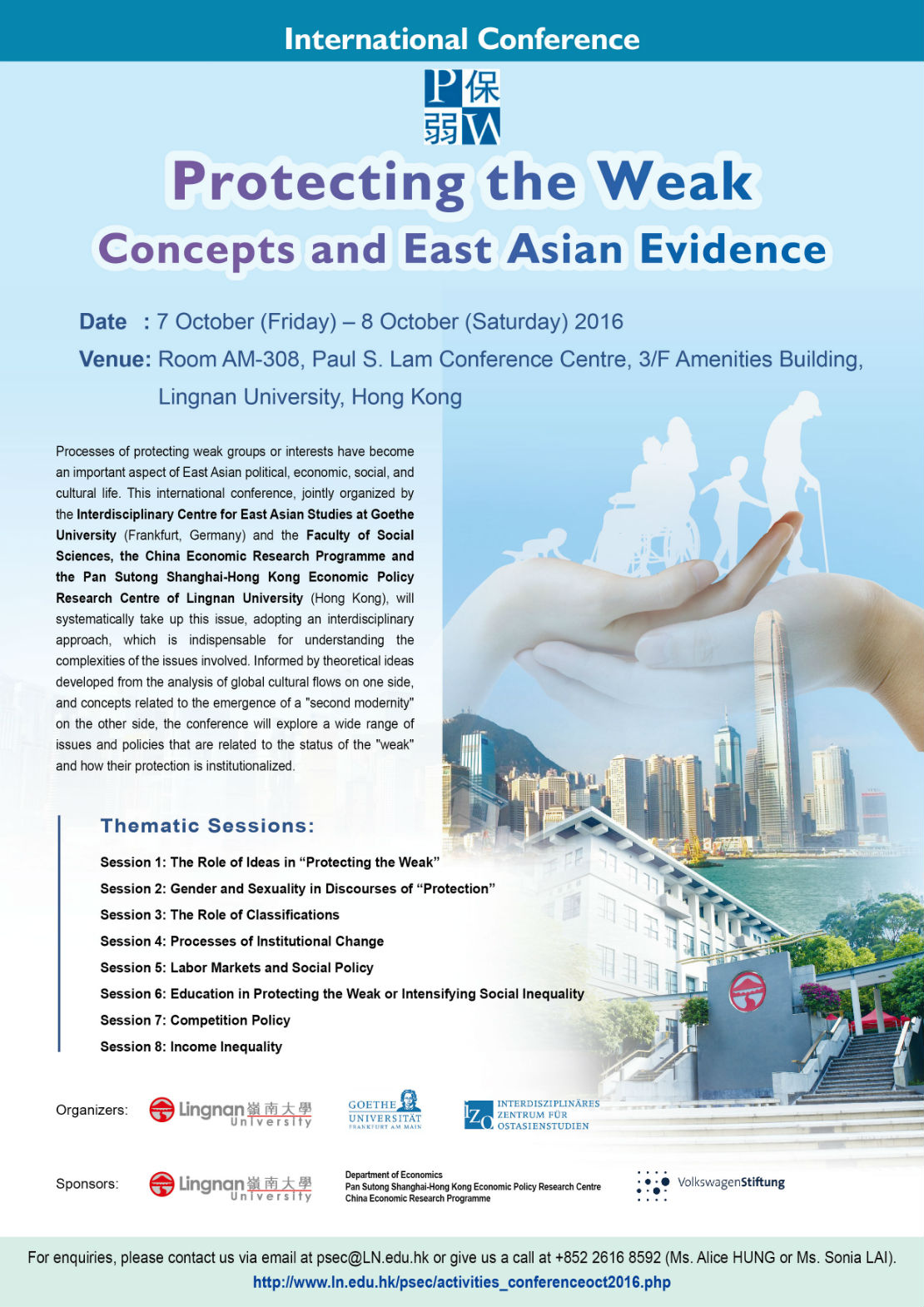
From 2014 to 2018, the Volkswagen Foundation funded the
IZO's collaborative research project "Protecting the Weak. Entangled
Processes of Framing, Mobilisation and Institutionalisation in East
Asia" within its initiative „Key Issues for Academia
and Society”. Besides the principal investigators Iwo Amelung
(Sinology), Moritz Bälz (Law),
Heike Holbig (Politics, Project Speaker) and Cornelia Storz
(Economics/Management), the research team included ten junior
researchers, bringing together a diverse set of disciplinary and
national backgrounds.
The researchers have investigated public claims for the protection of
weak groups and interests in Japan and China from the nineteenth
century to the present day. Taking an interdisciplinary approach, their
research has engaged with ongoing global debates
relevant to both Western and non-Western societies whilst also
providing an historically informed analysis of contemporary issues.
Using case studies on disaster victims, employee well-being, cultural
heritage and animal welfare, the project has analytically
distinguishes between framing, mobilisation and institutionalisation
processes. These processes have been examined at the intersections of
international and domestic spheres, demonstrates how drives for
protection are formulated, contested and played out in
practice. Ultimately however, the research team has shown that claims
for protection do not always translate into effective measures, but may
sometimes entail ambiguous or negative outcomes for the protected
‘weak’.
The findings of the five-year research project have been presented at multiple international conferences and published in dozens of journal articles and a collaborative monograph. As part of the Routledge Contemporary Asia Series, Protecting the Weak in East Asia. Framing. Mobilisation and Institutionalisation (2018) makes a contribution to the theoretical and empirical research into the transformation of East Asian societies. Moreover, four doctoral dissertations have been published by the team's junior researchers so far (Christina Maags - Political Science, Matthias Schumann - Sinology, Julius Weitzdörfer - Law, Na Zou - Economics), and the empirical research done by all team members has spun off into further research by graduate students at the IZO and the respective four faculties via conferences, teaching, and thesis supervision.
Contact person for this project:
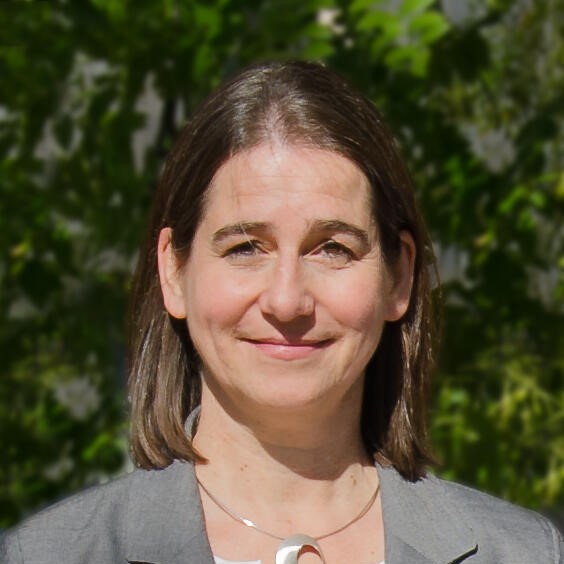
Political Science with a Focus on Chinese and East Asian Area Studies
Completed Research Projects
Africa's Asian Options (AFRASO)
- Analyse and describe the currently developing and increasingly more complex relations between various African and Asian regions within a comparative inter- and transdisciplinary perspective;
- Provide new and innovative theoretical resources for Area Studies by focussing on transregional interactions between Africa and Asia;
- Develop enduring networks and cooperation between Area Studies and the systematic disciplines at Goethe University;
- Concentrate and disseminate analytical and technical expertise on African and Asian interactions on an international level.
Links:
Contact person for this project:

Project Leader QuaMaFa & AspirE
Completed Research Projects
Comparing Fukushima and Chernobyl: Social and Cultural Dimensions of the Two Nuclear Catastrophes
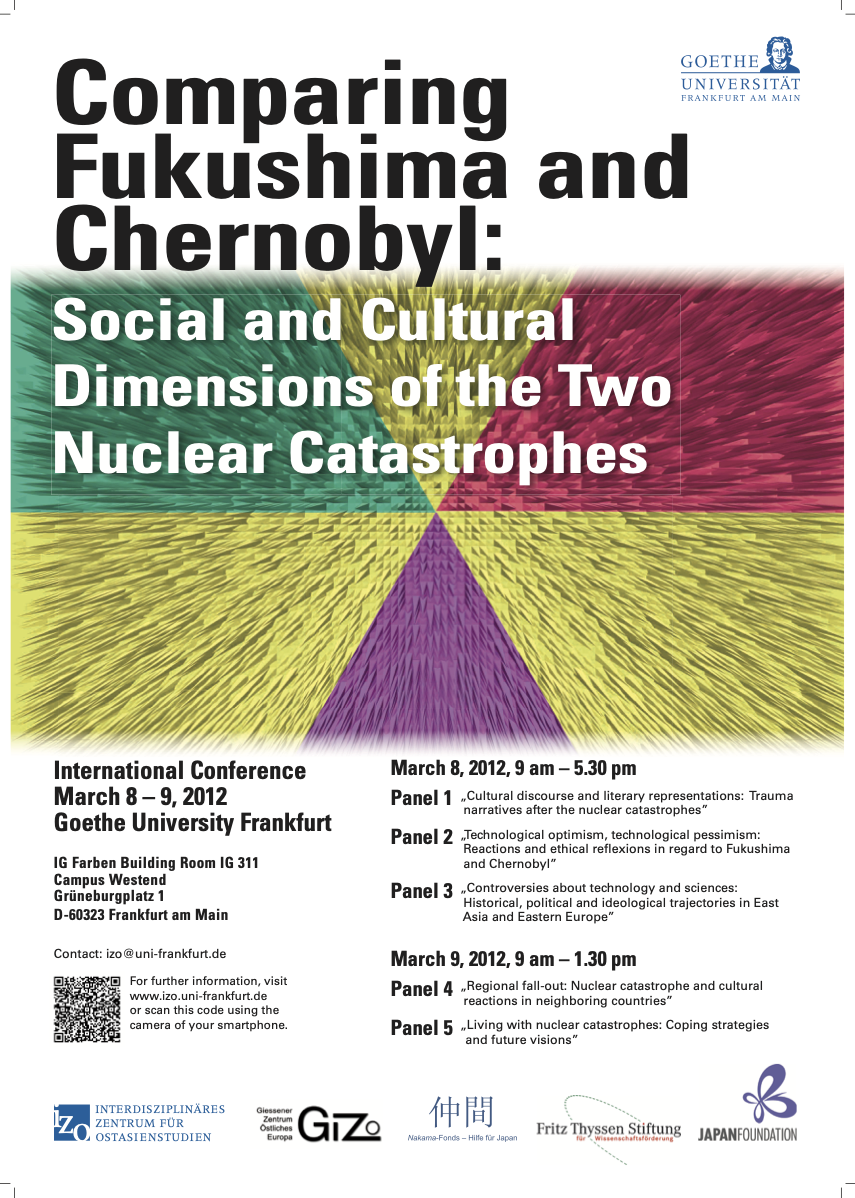
The inter- and multi-disciplinary project on “Fukushima and Chernobyl: Comparing the Social and Cultural Dimensions of the two Nuclear Catastrophes” aims at a comparison of two nuclear “accidents” which represent dramatic turning points in recent history. Specialists on Eastern Europe and Japan whose fields of research are philosophy, politics, sociology and human geography as well as media and literary studies look at the events from the perspective of their respective disciplines. Starting with a conference on the subject in March 2012, the goal is to analyse the role of the media and the reactions of intellectuals to the nuclear disasters in Russia (1986) and Japan (2011). Political and social developments in the post-Chernobyl and post-Fukushima era will also be discussed. At the core of the project are questions about the ethics of technology, a critical public and the re-politicizing of societies. Attention will also be given to the political and cultural conditions confronting possible initiatives for ensuring a sustainable future.
- Successful applications to the Japan Foundation, the Fritz Thyssen Foundation and the Nakama Fund of the Goethe University for the funding of the international conference.
- On-going preparations for the publication of the proceedings of the conference in an edited volume.
- Dissemination of research findings: conference presentations, journal and book publications
Completed Research Projects
FrankAsia: 100 Years of Research into East and Southeast Asia in Frankfurt
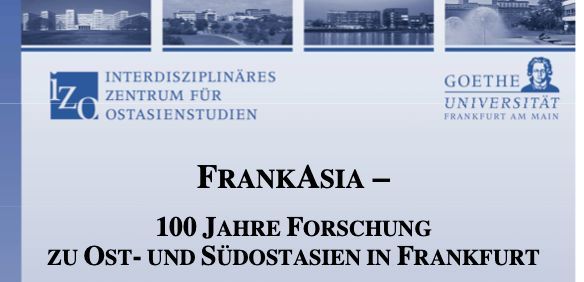
Contact
IZO Coordinator:
Bertram Lang
Bockenheimer Landstr. 133, Neue Mensa R. 305, PO 20
D-60325 Frankfurt/Main
Tel. +49 (0) 69-798-23284, email: izo[at]uni-frankfurt.de
MEAS Coordinator (contact person for all study-related questions):
Rostocker Straße 2, SKW, 5th floor, room 05.B140
60323 Frankfurt/Main
Mailing address:
Sinology/MEAS, FB09 - Linguistics, Cultures, and Arts
Mirjam Tröster/SKW
60629 Frankfurt
Tel. +49 (0)69-798-28795, email: m.troester[at]em.uni-frankfurt.de
Student Assistants:
Matthew Kwan-ho Lee (IZO), E-Mail: k.lee[at]em.uni-frankfurt.de
John Droß, (IZO/MEAS), E-Mail: dross[at]em.uni-frankfurt.de
- Studying at Goethe University
- International applicants
- Faculties
- Overview of study programmes
- Programme for refugees
- GRADE
- Goethe Business School (continuing education)
- Research at Goethe University
- Scientific news
- Goethe Welcome Center (for international researchers)
- Collaborative research projects
- Individual research
- Visiting fellowships
- Endowed chairs
- About the University
- News-in-brief
- University administration
- Campus locations
- Campus life
- University archives (German)
- Rhine-Main-Universities

